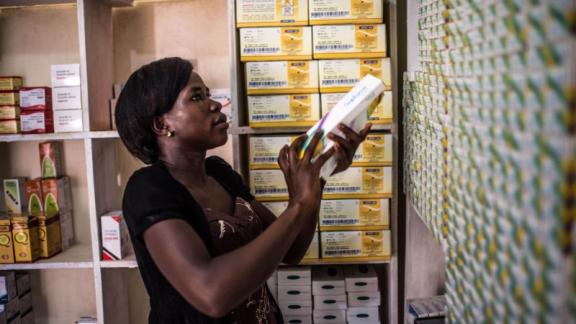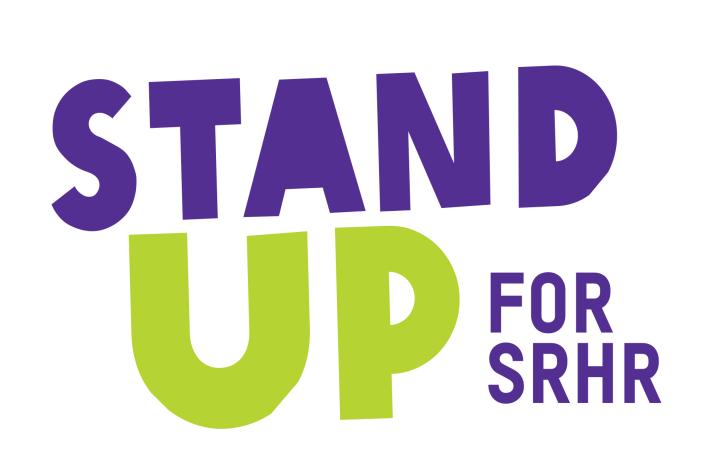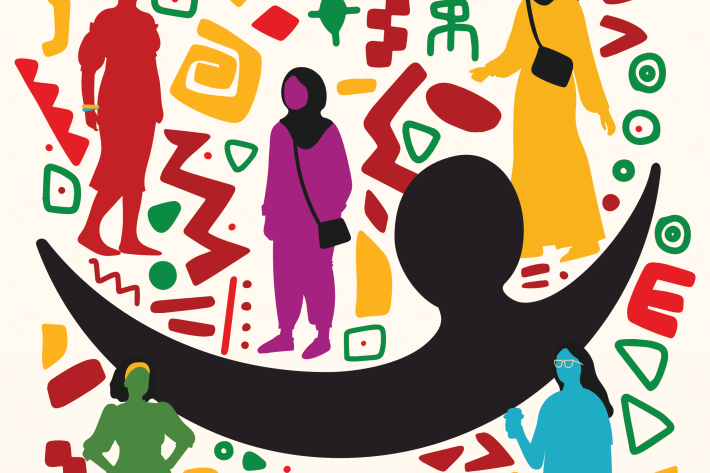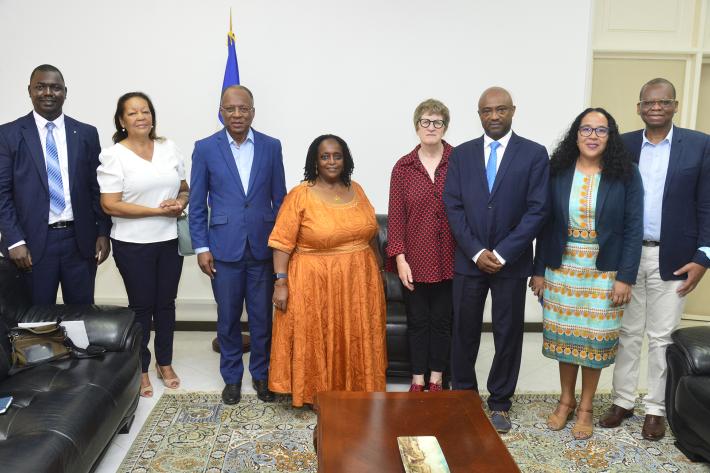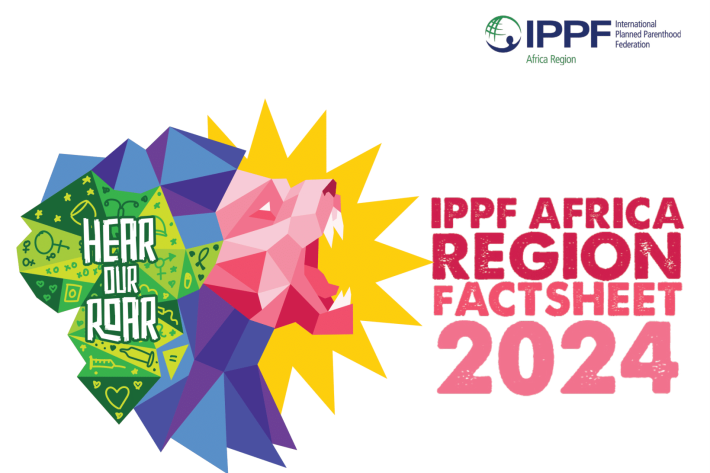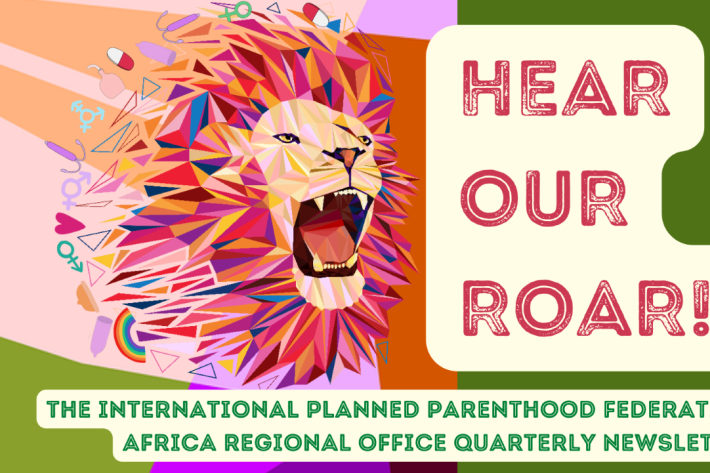Spotlight
A selection of resources from across the Federation
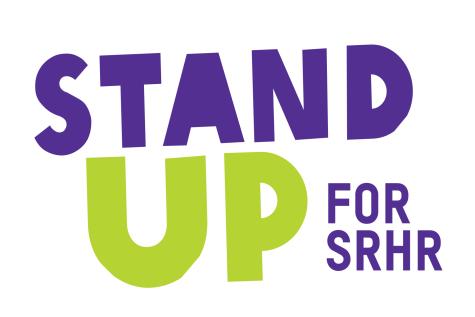
Mozambique, Uganda
Stand Up Factsheet 2025
Healthcare, Rights & Choice: The Stand Up Initiative in Action Imagine a world where every young woman and girl has the power to make informed choices about their sexual and reproductive health. That’s the vision of Stand Up for Sexual and Reproductive Health and Rights (Stand Up)—a groundbreaking 6.5-year initiative driving change in Uganda and Mozambique. Our Impact So Far: 6 service provision clusters established
Filter our resources by:


| 11 April 2018
+ Positive - A 6 Episode Series by YAM - Seychelles
This is a Youth Action Movement - Seychelles initiative that generates and shares factual information on Sexual and Reproductive Health for the Youth by the Youth. This youth-led production is an effort by DM studio introducing actor RamAce as the main actor alongside Josh Wilds. The series premiered it's first episode on the 1st of December 2017. Follow their work - https://www.facebook.com/YAMPositive/

| 13 March 2018
Social Accountability: Community-driven action for improved SRH service delivery and outcomes
There are huge disparities in provision of sexual and reproductive health services between the poor and better off populations. There is growing recognition that to redress the glaring inequalities and ensure accessible and equitable access to quality SRH services and information for all, those who are directly affected by these problems, need a strong voice. This will help express their preferences and opinions and influence decisions about public policies, programmes and distribution of national resources. This means that poor communities should be able to articulate their priorities and concerns; air their dissatisfaction with inadequate services or non-performance of service providers, and demand for responsiveness, transparency and accountability. Likewise, the responsible government officials and service providers have an obligation to listen to their feedback, explain why gaps exist, and take necessary steps to address them. Josephine Mutungi expounds further on this topic through in this publication.

| 07 November 2017
The Challenges of Family Planning Campaigns in Uganda
The uptake of family planning campaigns in Uganda have been affected by various factors, as highlighted in this news item by NTV Uganda.

| 31 October 2017
High Teenage Pregnancy Set Back to Uganda's Middle Income Drive
| 26 September 2017
The Contraceptive Challenge: Rural Women
IPPF Member Associations (MAs) continually endeavor to ensure that every woman, man and young person who needs contraceptive services is able to access them as and when they need them. Through our MAs, we offer a wide range of modern family planning methods. See where we work in the Africa region here.

| 13 October 2016
Ensuring people can get the contraception they want
"We capture the data directly into this app. It maps out what the demand will be and ensures that we never run out of those supplies." Planned Parenthood Federation of Nigeria (PPFN)'s Monitoring and Evaluation Officer, Babatunde, is responsible for ensuring the supply of contraceptives for all the cluster facilities. "My job entails the use of a mobile app built for direct data information capture (DDIC). I created an account for each of the 10 facilities that were under the Clusterplus Model. ClusterPLUS is something of a hybrid. It was built on the foundation of PPFN’s previous work but added new thinking, including ideas developed by IPPF member associations in Kenya and Uganda, who helped PPFN adapt them for Nigeria. At its heart is a simple concept - partnership. The closer you can get to local communities, the better you work with national and local government and more you try to build local ownership, the better. "Before I stock up their store, I audit their supplies and can review their monthly report via the app. I put this into the mobile app as well as the commodities I have supplied them. Every two months, the app forecasts what a particular facility will need based on the contraceptive demand,” says Babatunde. "I provided training on the mobile app for the store keepers at the facilities we worked with. All through the nine months of the Clusterplus Project, no facility ever ran out. This meant family planning methods were always available to those that needed them.” Babatunde has developed a wealth of knowledge about family planning and the many methods available. Clients favoured long-acting methods Implanol and the IUCD.








